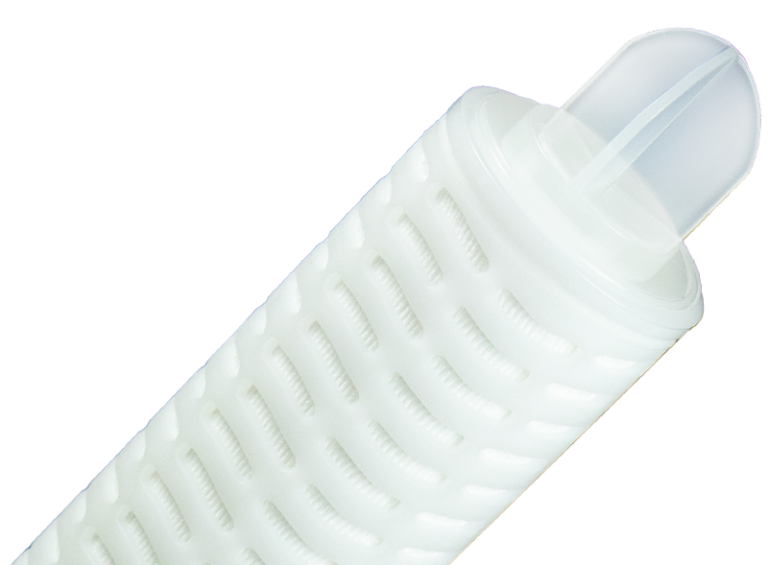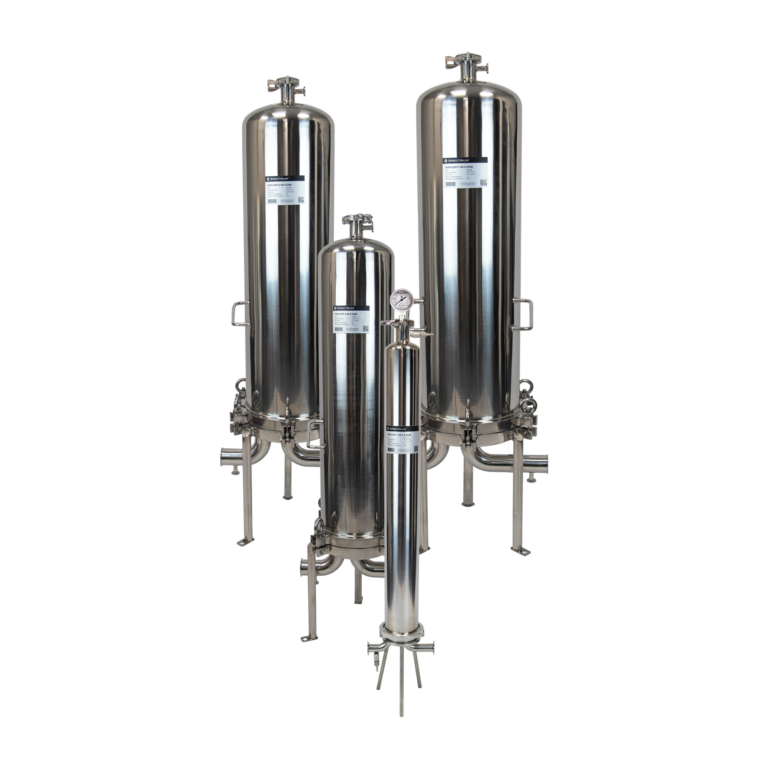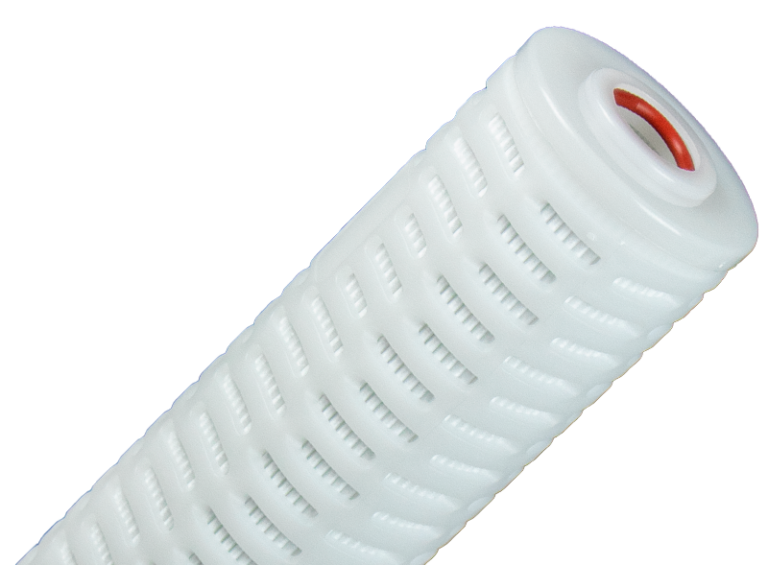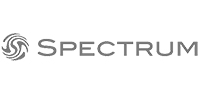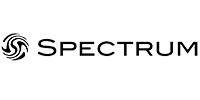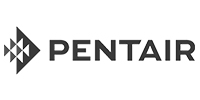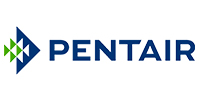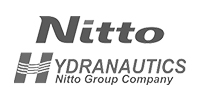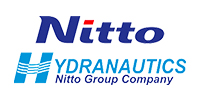Best Filtration Practices in a Winery Process
The wine industry is one of the oldest beverage industries built on traditions carried through generations. There are so many different types of red, white and sparkling wine with a variety of qualities that people, such as sommeliers would explore and characterise.
The major differences between types of wine comes down to the selection of grapes, fermentation process and filtration stages. Selecting different varieties of grapes can be a complicated process for wine makers, so is tuning the fermentation process to deliver the desired final product. The third major area for consideration is the level and type of filtration wanted to affect the flavour, appearance and shelf life of the packaged product.
For best filtration practice, equipment such as sanitary grade filter cartridge housings designed for high purity applications are often a preferred option for a winery. These housings are designed to reduce the risk of potential microbial adhesion from the bioburden in the wine to protect the product quality. SPECTRUM Inox Sanitary Housings with their optimised design, meet and exceed the requirements of the Food & Beverage market. The body of the housing is highly polished which allows for simple access to change cartridges rapidly, whilst also offering the ability to clean-in-place or full dismantling for thorough clean-down. These housings are the perfect solution for any stage within the physical filtration process, although they really prove their worth at the critical parts of a wine production process of Clarification and Stabilisation. This is where spoilage organisms and suspended solids, are removed, leading to the best practice method of controlling the flavour, stability, appearance and shelf life of the packaged products by reducing turbidity or haze.
There are three common physical filtration stages of Clarification, Bioburden Reduction, Stabilisation and one additional stage of Integrity Testing when wine producers can monitor the performance of their filter cartridges.
Clarification: This is the stage when winemakers would remove visible particles to improve aesthetics and protect the filtration stages downstream. High efficiency SPECTRUM Premier Pleat Polypropylene (PPP) filter cartridges are typically used as they provide exacting classification for targeted particulate removal and have high dirt holding capabilities.
Bio-burden Reduction: At this stage fine particles and some microorganisms are removed. It is essential for product clarity and to protect the final stabilisation filtration stage. Absolute rated pleated cartridges SPECTRUM PPG are used to remove the bulk of the spoilage contaminants.
Stabilsation: Also known as ‘Sterile’ filtration, this final polishing stage removes yeast and spoilage organisms to prevent refermentation and extend shelf life. Fileder’s latest filtration technology incorporates a performance upgrade to a validated, integrity testable range to provide reliable quality. SPECTRUM Bubble Point cartridges are certified for beverage polishing before packaging. This innovative range uses a highly asymmetric PES membrane media, with an initial increased pore capacity that significantly improves performance and service life, an important factor for high load contaminant removal as found in most beverage applications.
Integrity Testing: Testing cartridges before, during or after a packaging run is imperative to ascertain if they are performing within set tolerances. This monitoring stage provides process validation and produces reports beneficial for keeping records. It can also assist faster identification of product inconsistency or contamination. Employing the SPECTRUM Integrity Tester (PES-IT) will measure a defined decay in pressure and monitor the cartridge filter media’s ability to function within required tolerances.
If you would like to find the right products for your wine filtration process, please get in touch with us and we will be glad to assist you in selecting the most appropriate products to achieve your desired wine.

